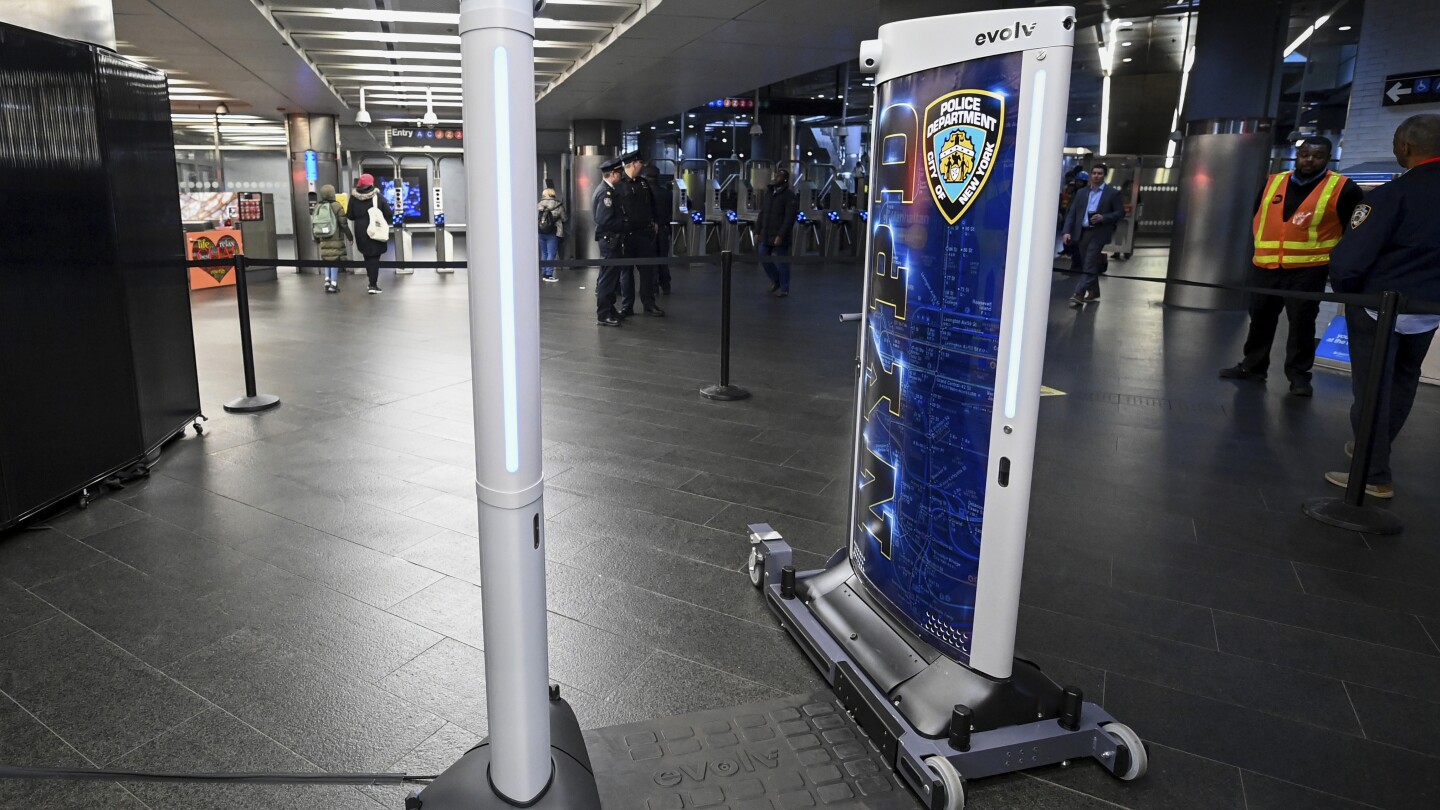

I lost my model A1263 in a box during a move. I’ve been looking for it over the last couple of weeks once I was notified about this, but no luck. I actually emailed Anker to ask if there’s a risk of fire even in storage or not in use, and apparently it can happen even when not under any load and completely discharged.
I don’t even know if I still have it. Fingers crossed that my serial isn’t one of the affected ones, but I’ll keep looking and hoping that it doesn’t burn my house down.























Yeah, it’s one of those things where I was vaguely aware of the hazard, but for some reason wasn’t consciously acknowledging it. Since I came to that realization, I’ve started to gather all of my lithium batteries to take stock and start to get rid of some.
I’m definitely more worried about the batteries I’ve forgotten about that ended up in boxes or drawers. Another thing to keep me up a night, yay.